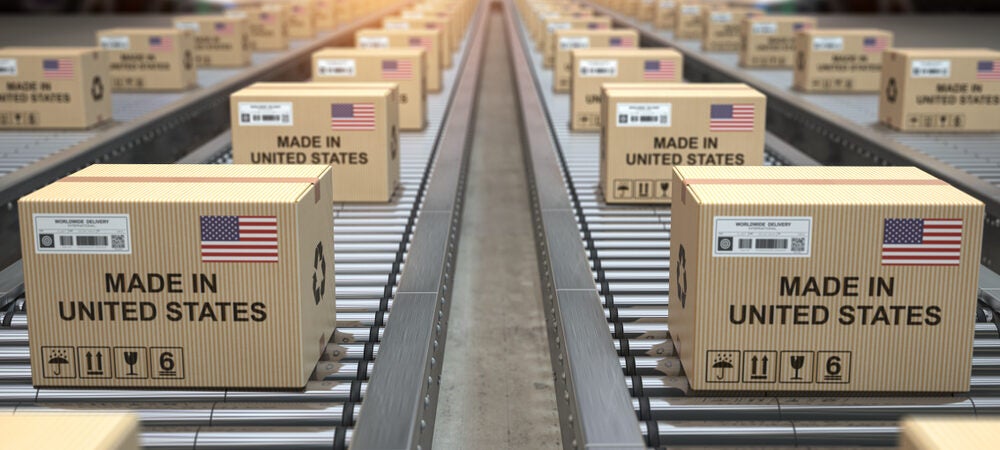Were there any lingering doubts about what will guide US international economic policy under the Biden administration, Jake Sullivan would have put them to rest.
The US National Security Advisor told the Brookings Institution in April that the Biden administration will be driven by domestic considerations.
“That is part of what we have called a foreign policy for the middle class. The first step is laying a new foundation at home—with a modern American industrial strategy,“ he said.
This was no real surprise given the legislation championed by President Joe Biden from the moment he came to the White House. Moreover, the United States has embraced industrial policy almost since its inception. In agriculture, maritime, textiles and clothing, steel, cars, semiconductors and many other sectors, the guiding hand of the government has always been present, offering financial assistance and protection from competitors. Justification for this assistance has taken many forms, including national security, the protection of jobs, regional development, and the national economic interest.
There are compelling reasons for the shift the administration is undertaking. But the track record of US industrial policy is mediocre at best and too often such policies have brought more harm than good.
Populist elements in the Biden administration harbor deep skepticism about markets and their ability to deliver for the middle class. Mr. Sullivan said policymakers in the United States were too often captured by the rationale “that markets always allocate capital productively and efficiently…And the postulate that deep trade liberalization would help America export goods, not jobs and capacity, was a promise made but not kept.“
It is true that markets have not always provided all the answers. Market-based mechanisms have done little, for instance, to offset the negative externalities of environmental degradation. Leaving the development of basic infrastructure entirely to the private sector has left roads, bridges, and ports in a sorry state.
Yet, the suggestion that the United States has run its economy on strictly market-based criteria is fantasy. And just as markets have their shortcomings, the government’s track record in picking winners and losers has been less than stellar.
Once governments go down the rabbit hole of industrial policy, they often find it difficult to claw their way out again. Companies that have drawn deeply from the government trough rarely volunteer to surrender this patronage. That a cohort of Biden administration progressives is actively seeking a taxpayer- and consumerfunded crutch to prop up specific sectors is extraordinary – particularly when such programs often line the pockets of the already rich.
Pushing the needle in one direction or the other leads to unintended consequences that bring their own set of risks. These include souring of relations with other countries, adverse environmental repercussions, threats to health and safety, corruption, and inflation. Often the impact goes unnoticed, at least in the beginning. But over time – and many industrial policies have lasted for decades – a slow slide into a more inefficient, less productive state is inexorable.
Washington is a town which develops ecosystems devoted to the preservation of corporate subsidies, government contracts, and protection from competition. Although the CHIPS and Science Act, the Inflation Reduction Act (IRA), and the Infrastructure Act are only in their embryonic stages, this dynamic is already at play.
Industrial policy also tends to get very complicated, very quickly. Just look at the contortions into which the administration has twisted itself in determining who qualifies for tax breaks under the IRA.
Any assessment of the administration’s policy must weigh the gains to the specific sectors receiving government subsidies and protection, versus the cost to the taxpayer and the consumer. The evaluation must take into consideration how US allies respond to the policy, whether the government can minimize the inevitable distortions and inefficiencies that arise, and whether these policy byproducts become a long-term burden on the economy.
Say hello to industrial policy, but never goodbye - Keith Rockwell - Hinrich Foundation - June 2023To read the full report, please click here.

